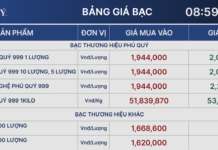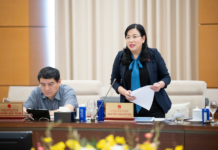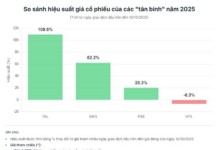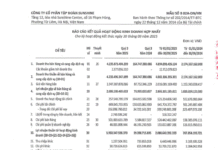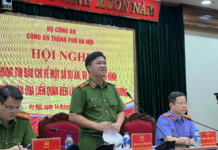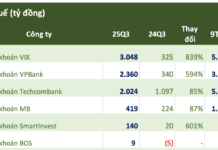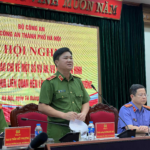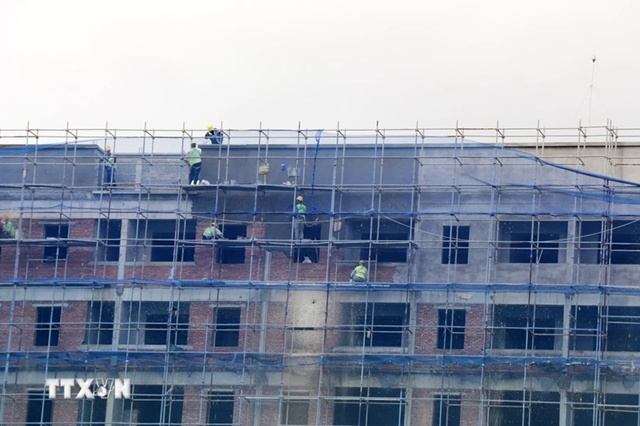
|
Illustrative image. (Source: Thanh Sang/VNA)
|
The province of Phu Tho aims to complete 9,788 social housing units by 2025, adding approximately 517,000 square meters of floor space, or 2.92% of the total. Of this, about 103,400 square meters will be allocated for rental purposes.
The expected total investment for this goal is over VND 3,400 billion.
According to the Phu Tho Department of Construction, by 2025, the province plans to finish 27 social housing projects, including 5 independent projects: Hoa Phong Social Housing Area in Gia Cam Ward, a social housing project in Thuy Van, the Trade Union Facility at Thuy Van Industrial Park, Phase II of the Housing and Services Area in Thuy Van Industrial Park, and the Minh Phuong Urban Area in Viet Tri City.
Additionally, there are 22 social housing projects that fall under the 20% land fund allocation from other commercial housing projects. Of these, 12 are located in Viet Tri City, including the Ben Got Residential Area, the Anh Dung Street Urban Area, the Dong Nam Viet Tri New Urban Area, the Minh Phuong-Thuy Van New Urban Area, the Nam Minh Phuong New Urban Area, the Tay Nam Viet Tri New Urban Area, and the Trung Vuong New Urban Area, to name a few.
The remaining 10 social housing projects are scattered across the districts of Phu Tho town, Thanh Ba, Ha Hoa, Phu Ninh, Tam Nong, and Cam Khe.
Mr. Dao Hoang Chinh, Deputy Director of the Department of Construction, stated that the implementation of the Prime Minister’s scheme, “Investing in building at least one million social housing units for low-income earners and industrial park workers for the period 2021-2030,” has fundamentally met the demands and aligned with the province’s housing development plans.
Notably, the People’s Committee has initiated plans to develop social housing areas in industrial parks, which will attract investors to future projects in the province.
However, investors have faced challenges due to tight monetary policies affecting real estate markets and shortcomings in housing policies, particularly regarding mid- and long-term capital sources for social housing development, as provincial resources are limited.
Many real estate businesses have shown little interest in social housing due to ineffective promotion and incentives, making it difficult to attract investors. There is also an imbalance in the structure of social housing products, with a low proportion of rental apartments.
Moreover, preferential loan policies for social housing investment are difficult to access, and commercial loans are often the only option. The existing incentive mechanism for social housing development is also unreasonable, failing to balance the interests and responsibilities of the state, businesses, and citizens.
Notably, the requirement for social housing projects to allocate 20% of their fund for rental purposes has proven impractical, as there are no registered tenants, leading to waste and losses for investors.
To address these issues, Mr. Phan Trong Tan, Vice Chairman of the Provincial People’s Committee, stated that the committee has implemented comprehensive solutions to streamline administrative procedures, expedite site clearance, and attract continued investment.
Provincial agencies and sectors have also coordinated to propose solutions to difficulties faced by social housing investment projects, accelerating the progress of approved projects.
As a result, five projects comprising 1,807 units and over 168,000 square meters of usable floor area have been completed and put into use. Notable examples include the social housing project in Thanh Cong Ward, Tho Son Ward, the low-rise social housing project in Lot N02 of the Minh Phuong Housing and Commercial Services Area, the Housing and Services Area in Thuy Van Industrial Park in Viet Tri City, the social housing project for workers in Phu Ha Industrial Park in Phu Tho town, and the Hóc Trẹo housing project for workers and experts in Tien Kien, Lam Thao.
The timely completion of these social housing projects has significantly contributed to meeting the demand for affordable housing, especially amid rising real estate prices in the country and the province.
Dai Lam

